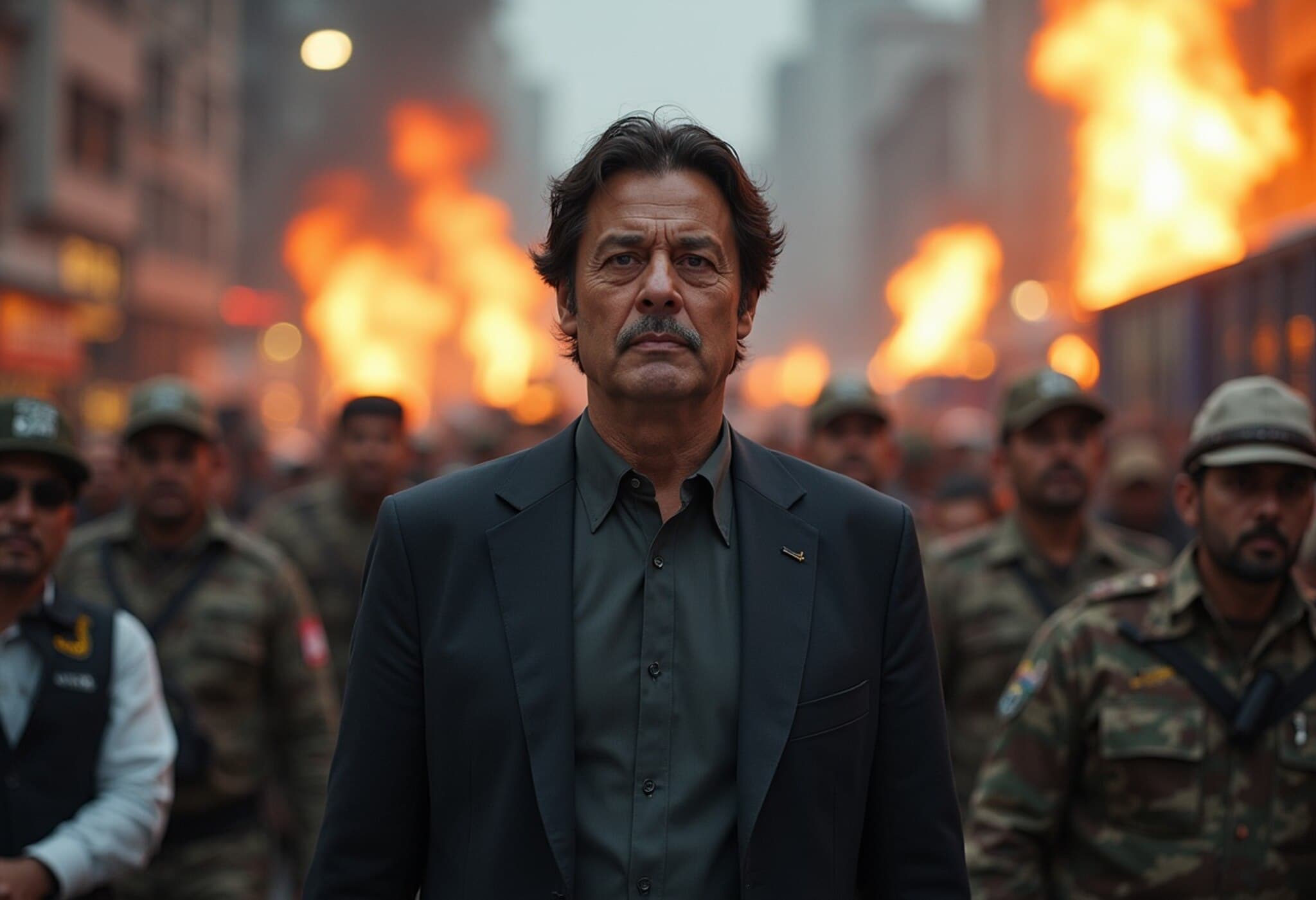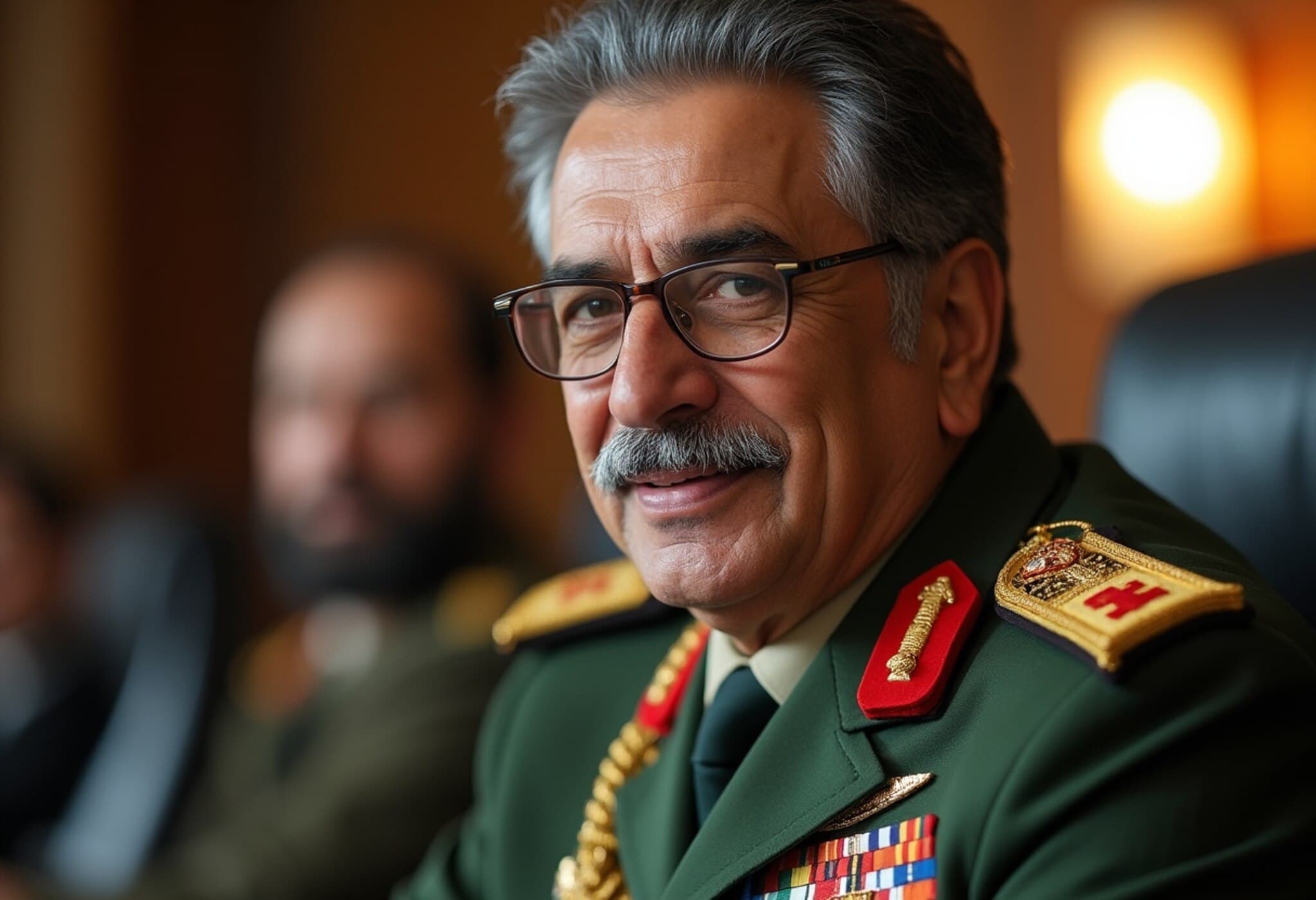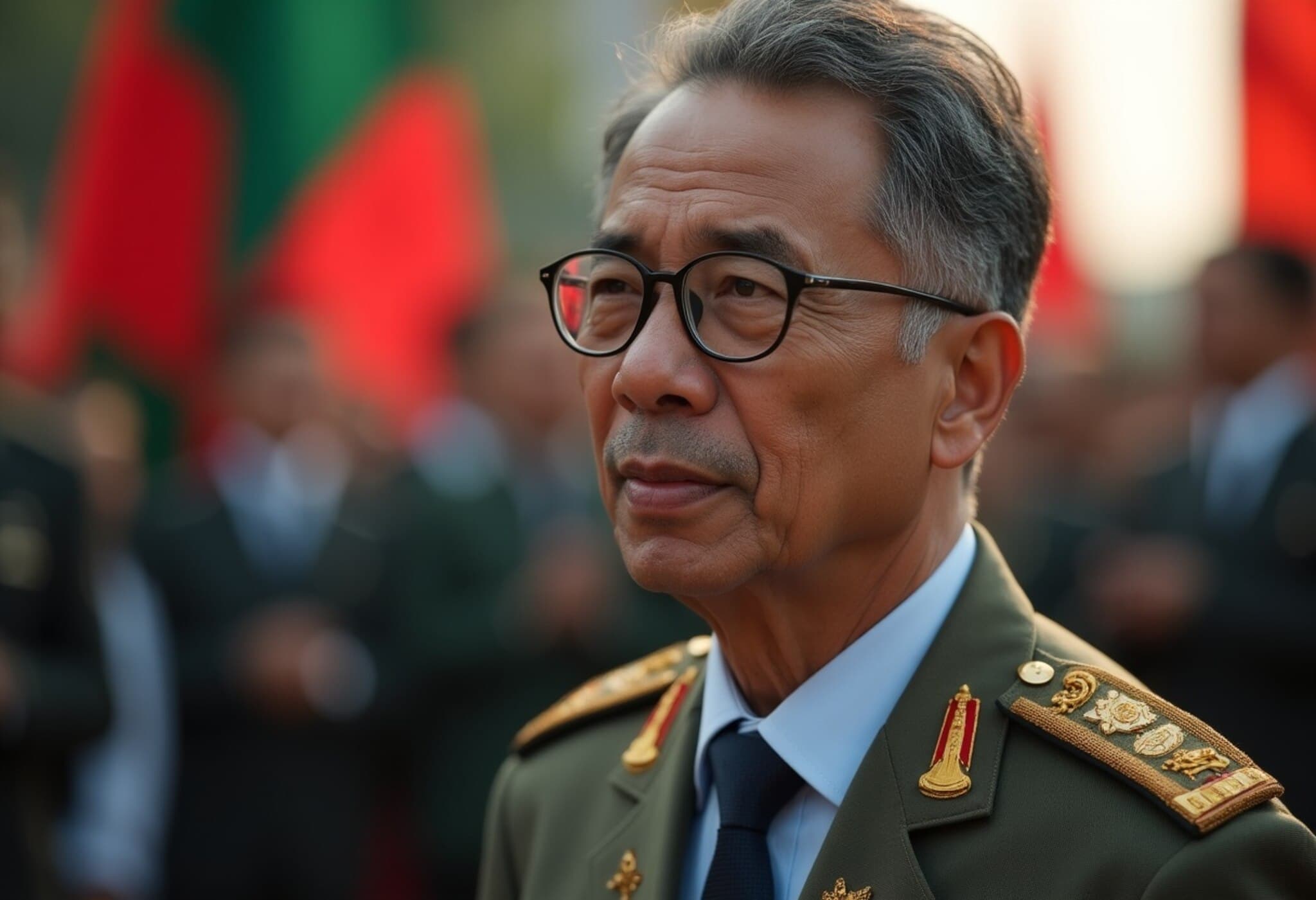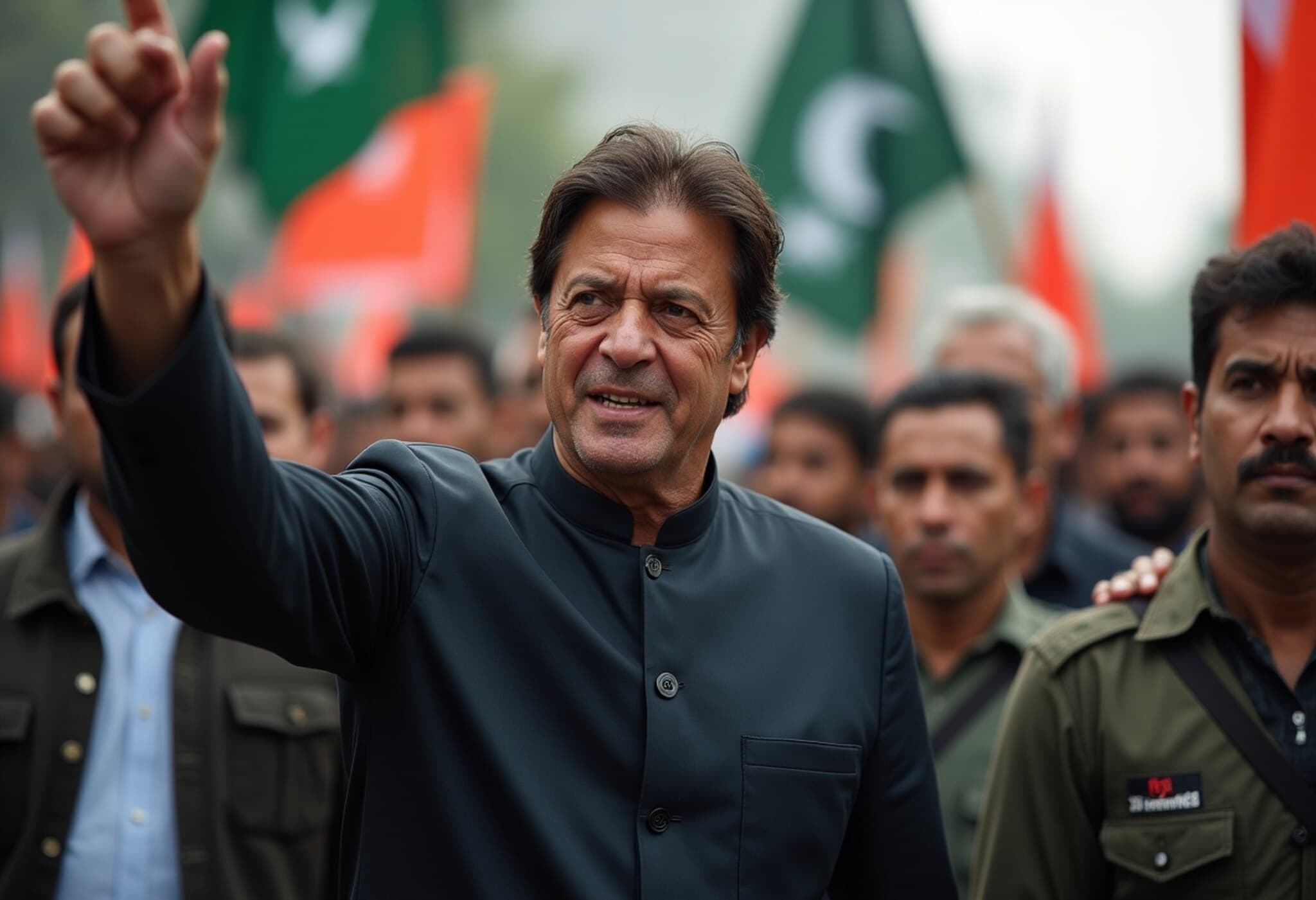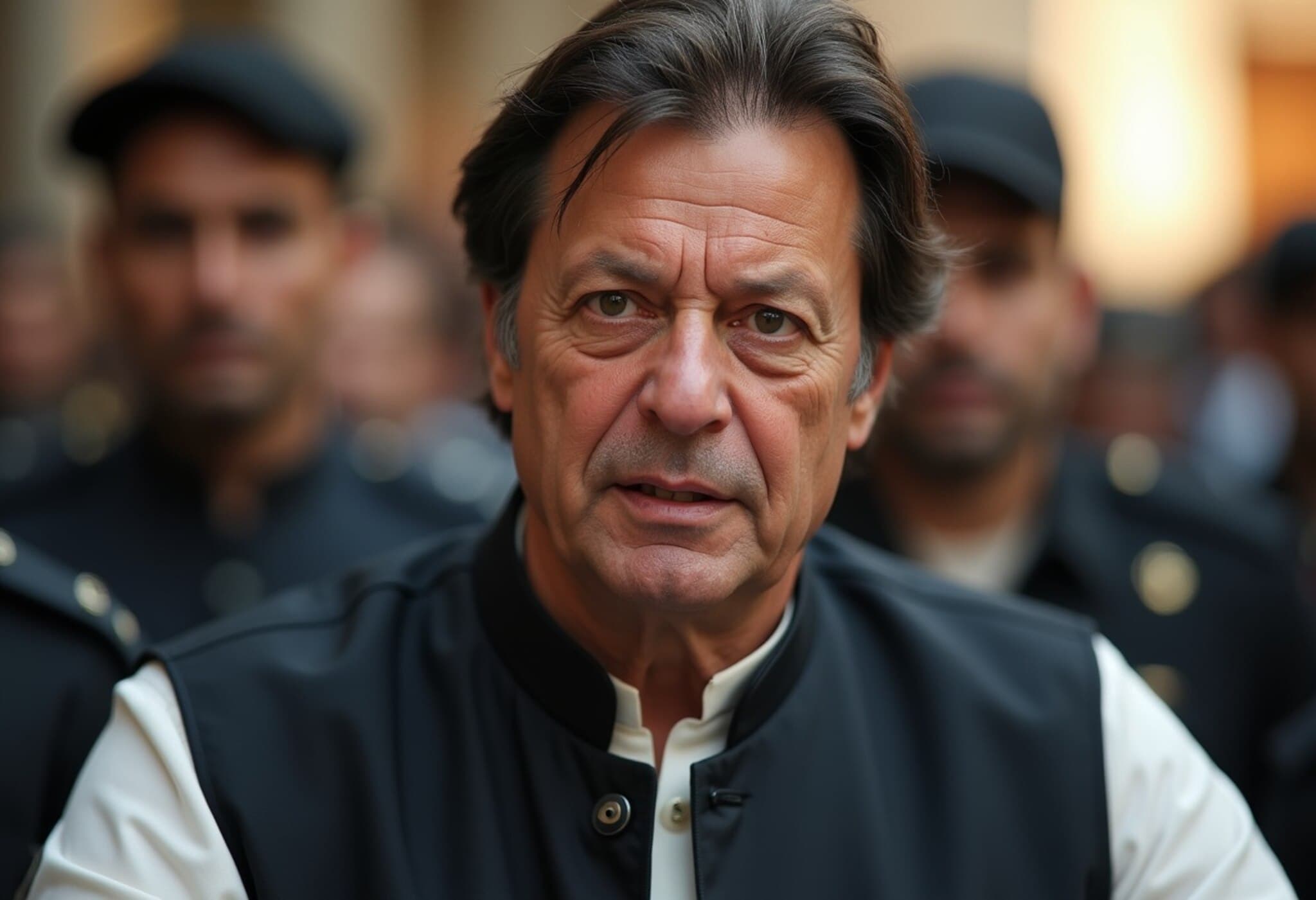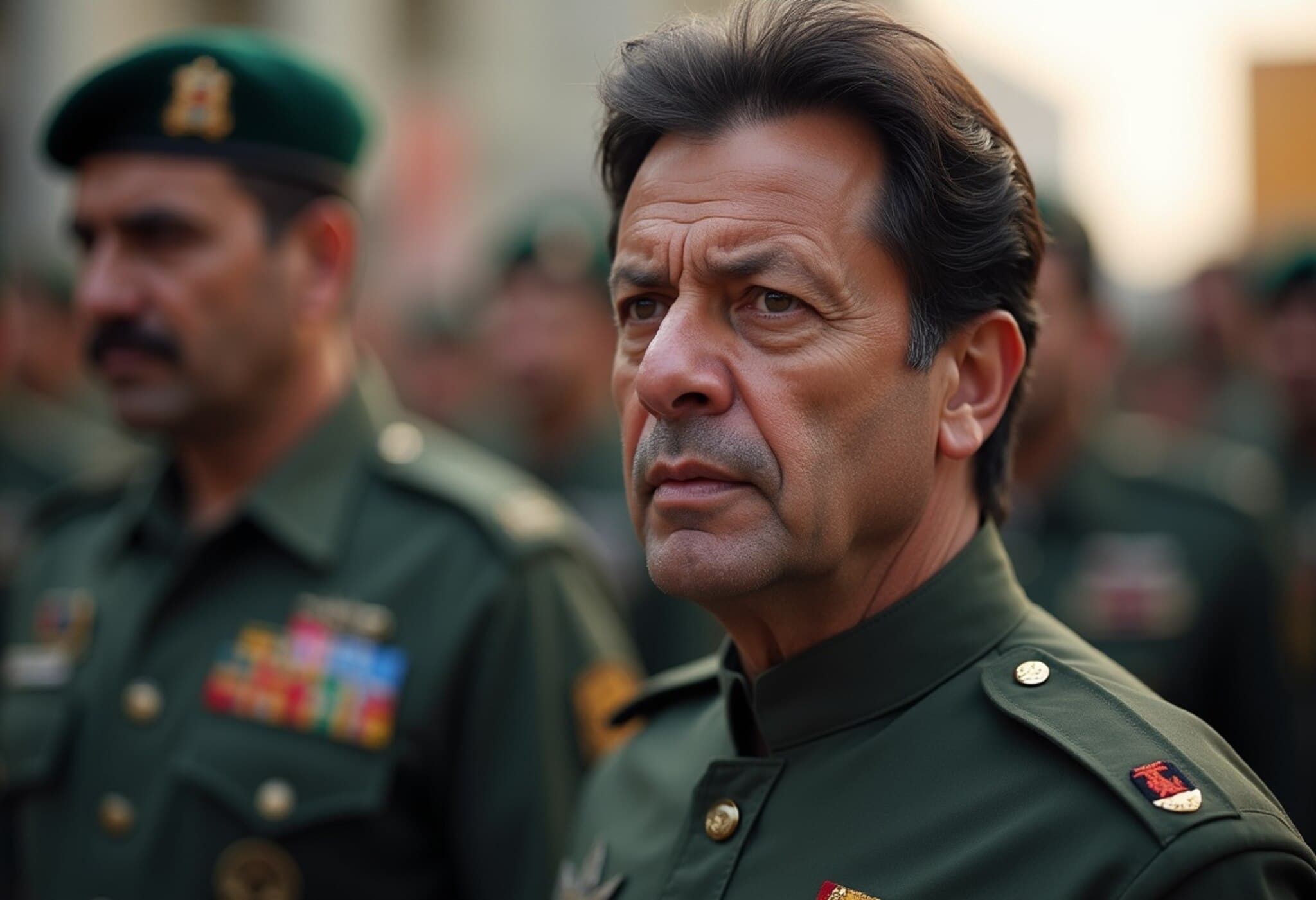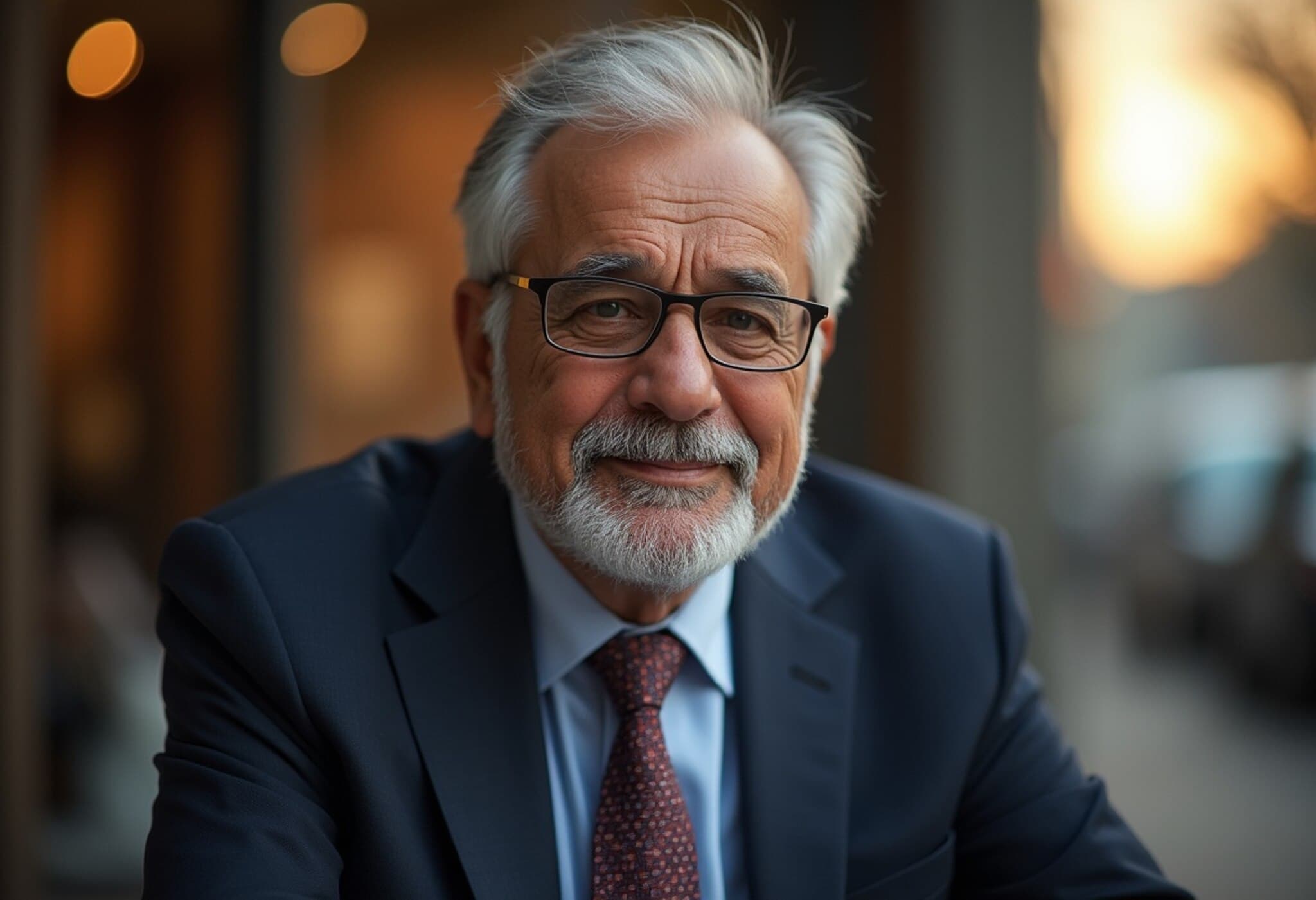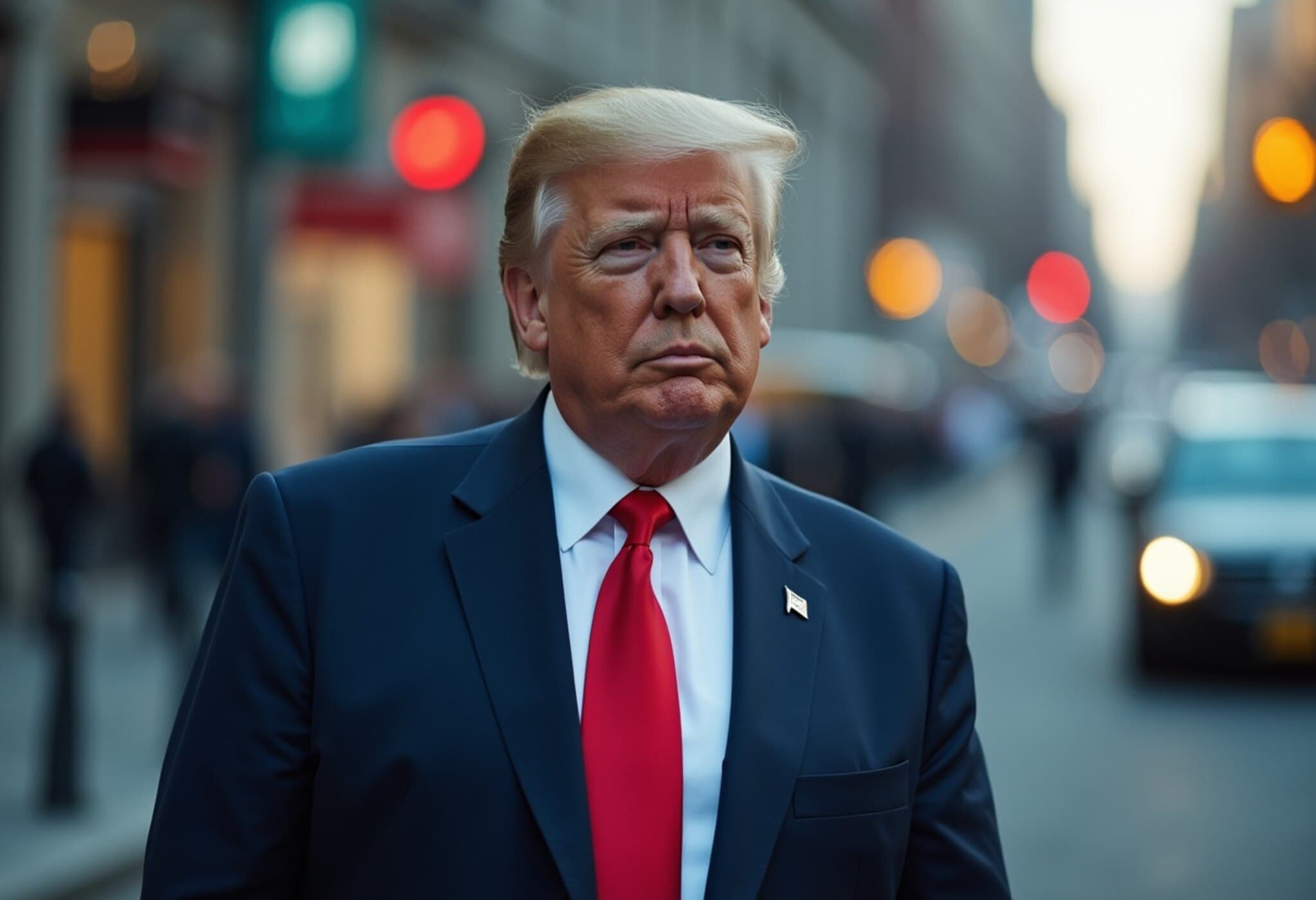Pakistan’s Political Turmoil Deepens Amid PTI’s Protest on Imran Khan’s Jail Anniversary
Pakistan finds itself at a pivotal moment in its political history as the Pakistan Tehreek-e-Insaf (PTI) commemorates the two-year anniversary of former Prime Minister Imran Khan’s imprisonment. The situation has escalated into a fierce confrontation between Khan’s supporters and the entrenched military establishment led by Field Marshal Asim Munir, setting the stage for what many analysts describe as a decisive battle for Pakistan’s democratic future.
Nationwide Protests Signal Defiance
On August 5, 2025, PTI called for nationwide protests, framing this moment as a "do-or-die" struggle to restore democratic governance. Demonstrations sparked in major cities including Lahore, Karachi, and Peshawar, where crowds vehemently demanded Khan’s immediate release from Islamabad’s Adiala Jail. Khan has been detained since August 2023 on multiple charges, including allegations of corruption and inciting unrest—a prosecution many international observers view with skepticism amid growing concerns over political motivations.
Crackdowns and Legal Battles: The State’s Firm Response
Government authorities responded swiftly, launching crackdowns across Punjab and other provinces. Despite official denials from Punjab police, sources confirm that at least 20 PTI activists were arrested in Lahore alone. Homes of key PTI politicians were raided, and public gatherings faced stringent restrictions.
The backdrop to these measures includes heavy-handed recent legal actions. An anti-terrorism court in Faisalabad sentenced 108 PTI members—including prominent figures such as Omar Ayub and Shibli Faraz—to 10 years imprisonment for their alleged roles in the violent May 9, 2023 riots. Those riots unfolded after Khan’s brief prior arrest and involved attacks on military facilities, deepening tensions between civilian political actors and the military. Critics argue these rulings represent orchestrated attempts to paralyze PTI and dilute political opposition.
Military Influence and Political Power Struggles
The conflict is underscored by the personal and institutional rivalry between Imran Khan and Field Marshal Asim Munir. Khan’s decision in 2019 to dismiss Munir from the role of ISI chief sowed lasting seeds of enmity. Since Munir’s rise to army chief in 2022 and his unprecedented promotion to field marshal—the first since former dictator Ayub Khan—the Pakistani military’s influence over civilian governance has noticeably strengthened.
Notably, a controversial Supreme Court ruling in May 2025 expanded the jurisdiction of military courts over civilians, compounded by the 26th Amendment to Pakistan’s constitution, which critics—including PTI—contend erodes judicial independence. These moves have raised serious alarms about the increasing militarization of Pakistan’s political and justice systems.
International Dimensions: Diaspora Mobilization and Global Attention
PTI’s plight has resonated beyond Pakistan’s borders, galvanizing diaspora communities across London, Toronto, Houston, and other global cities. Protesters abroad have employed digital activism, including social media campaigns and billboard advertisements, to cast light on what they describe as a creeping military autocracy masquerading as civilian rule.
While these efforts have garnered sympathy from some international human rights organizations and select lawmakers, tangible diplomatic pressure on Islamabad remains limited. This raises vital questions about the global community’s role in Pakistan’s evolving crisis and the effectiveness of transnational advocacy in influencing opaque power structures.
Human Rights and Democratic Concerns
Pakistan’s government defends its crackdown as a necessary response to threats against national stability. However, human rights watchdogs such as Amnesty International denounce the tactics as "unlawful and excessive," emphasizing reports of arbitrary detentions, internet blackouts, and broad bans on assembly. The narrowing political space threatens not only PTI but the very fabric of Pakistan’s democracy.
What Lies Ahead for Pakistan?
The political deadlock gripping Pakistan transcends Imran Khan’s personal fate. At stake is a broader contest over power, legitimacy, and the future direction of the country’s democratic institutions. The current trajectory suggests a deeply polarized nation struggling to reconcile civilian authority with an assertive military establishment.
Expert Commentary: Pakistani democracy has long wrestled with periods of military intervention, but the current developments signify a particularly troubling consolidation of power by the military elite at the judiciary’s expense. US and Western policymakers face delicate challenges in balancing strategic interests while advocating for democratic norms. Pakistan’s political climate will be a litmus test for the resilience of democratic governance amidst entrenched authoritarian influences.
Editor’s Note
This unfolding crisis in Pakistan underscores the fragile nature of civilian governance in regions where military elites hold sway. It raises critical discussions about the role of the judiciary, international diplomacy, and diaspora activism in influencing political outcomes. For readers, it invites reflection on how emerging democracies navigate the complex dance between authority, legitimacy, and popular will in the 21st century.
Will Pakistan’s political impasse pave the way for a renewed democratic resurgence or entrench authoritarianism? The coming months appear decisive.

